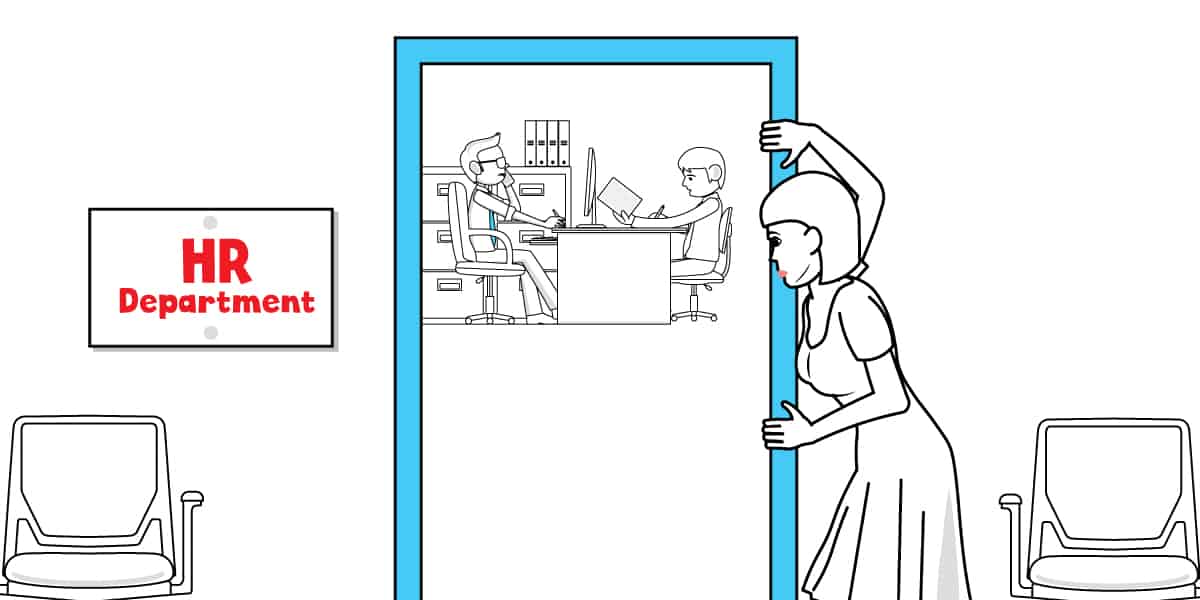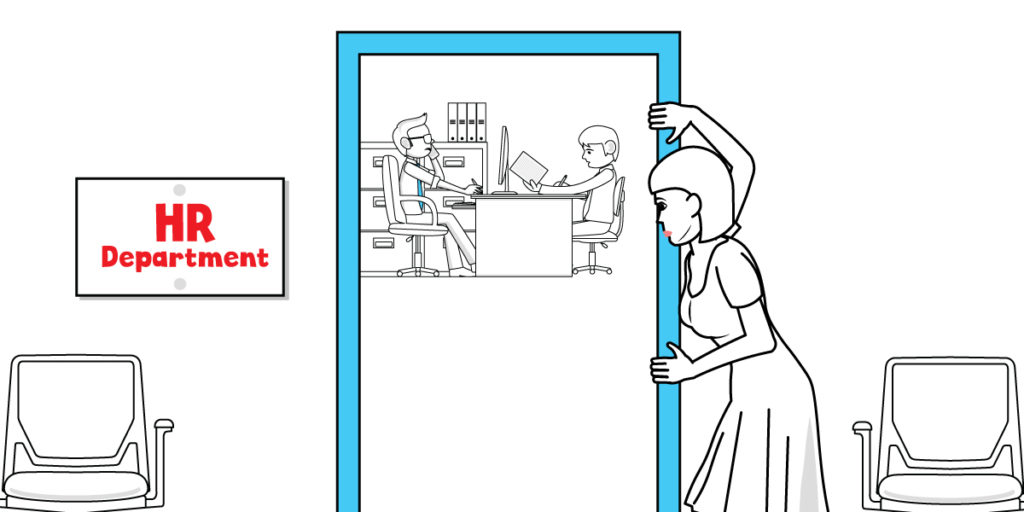Question: What could be asked of me during this process?
Different employers have different expectations. However, from the time of deciding to apply until the shortlisting, the most expected of a person is usually:
- You provide a resume as your expression of interest. After we review resumes, we invite some people to step 2.
- We invite selected people to provide a written 2-page response to questions we supply. This invitation would usually follow within one to 3 days of receiving your resume. Your written response (with the resume) is presented to the employer if/when we reach shortlisting.
- We also invite selected people to engage in a one-to-one Zoom video discussion with Trak Search. This conversation can take from 20 to 50 minutes.
- Typically (but not always) we present two references at shortlisting. You could therefore be asked to provide written consent allowing us to speak to your nominated referees.
Please note: the requirements of a project could result in the re-arranging of the sequence shown above. For example, for aspects relating to the safeguarding of children and young people, we could request applicants provide the Working with Children Check and/or Teacher Registration details early in the process.
Question: Why do you only require a resume at step one? Why can’t I demonstrate my alignment to the selection criteria?
We acknowledge that ‘experience’ is only one dimension of any application. However, a review of the resume allows us to make an initial objective appraisal of a person’s ‘platform’ of experience compared to (a) the client’s selection criteria; and (b) other applications.
It would be easy for us to ask everyone for more than a resume. The intention however is to provide a level of comfort to a person that their application has some likelihood of success before they are encouraged to invest more time and energy into a recruitment project.
Our guarantee is that we will not knowingly encourage a person to remain in a process when either (a) they do not match closely enough to client’s selection criteria; or (b) other applications have a much closer alignment to the criteria.
Question: Will it make any difference if I wait until the closing date to send my resume?
Yes, it will make a difference – for you. The process begins for each person soon after their resume is received. It usually works sequentially, i.e. a resume arrives; the invitation to provide a 2-page response; a video conference; and references. We do not wait until closing date to start the process with everyone at the same time.
Since we only ask for a resume as an expression of interest, we encourage this to be provided when you decide to pursue the opportunity, rather than waiting until the closing date.
Applications arriving at closing date are not disadvantaged. However, to meet the client’s shortlisting date, the later applications will experience tighter timelines, with steps likely to occur concurrently.
Question: When should I speak to referees? How does this process operate?
Typically (but not always) we present the employer with two references at shortlisting. We will always seek written consent from you to speak with referees – listing referees on your resume does not signify consent. You are not required to list referees on your resume.
As the initial work-based reference occurs early in the process, you have latitude in who you provide as the referee. We do not dictate that it be with your current manager, if doing so would compromise you in any way. However please ensure the nominated referee can provide meaningful insight to your work. We also encourage you to provide them with details of the role, such as the position description.
Additional references are completed after shortlisting; and we will then become more prescriptive regarding referee choice.
How does Trak Search screen applications?
- A client typically provides us with a list of the selection criteria. This list is usually abbreviated by us when displayed on our website. Why? Evidence shows that, at times, potential applicants do not apply when they subjectively compare themselves to a long laundry list of requirements.
- Our website attempts to provide the essence of what our client is seeking. We encourage people to decide if they have a level of alignment with the condensed list of the selection criteria.
- At this point we invite people to provide a brief resume. We do not ask for a lengthy submission to address the criteria, nor even a covering letter. The rationale for this approach is outlined in an earlier question.
- We then objectively review the resume to the selection criteria and either invite people to progress; or advise their application will not be progressed.
- One aspect questioned by people who are not progressed relates to timing. Let’s say the criteria states the need for “school leadership experience”. A former principal who left the Education sector, say 15 years ago, would usually not be viewed as aligning with the criteria as closely as would a current principal.
- Neither the selection criteria displayed on our website nor the list provided by our client should therefore be treated as a ‘contract’. Each word (or omission) does not have the precision of words in a legal document. If the client’s selection criteria stated “CPA required” instead of “current CPA required” Trak Search is entitled to not progress an application from a lapsed CPA, without engaging in semantics over exact wording.
Question: How does Trak Search decide who to present at shortlisting?
We do not present a shortlist in the traditional manner. This typically has the recruiter making a definitive recommendation on the X number of people the employer should meet.
If you have engaged with us in a Zoom one-to-one video discussion (and unless you instruct otherwise), then your application will be made known to the employer at shortlisting.
Question: When and how should I expect to hear if I have been invited to meet the panel?
You will be advised of the shortlisting date well in advance. We guarantee that within 48 hours of that date everyone will be receive news as to whether they are invited to meet the panel. By necessity, this advice will be via email. However, we will also provide information should anyone not invited be seeking additional feedback.


